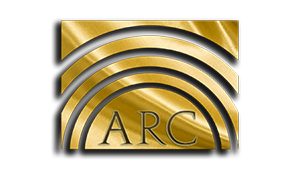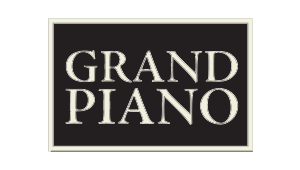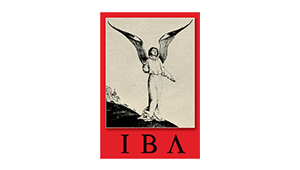A divertimento is an instrumental composition intended for entertainment, usually in a number of movements. The term is used particularly in the second half of the 18th century. Haydn described his first string quartets as divertimenti and the title is also used by Mozart and other composers of the period.
The dramma giocoso (cheerful drama) is found principally in Italian opera of the 18th century and notably in libretti by Carlo Goldoni. It indicates an opera that is, in general, comic, but includes more serious roles. The librettist Lorenzo Da Ponte used the term for his libretto for Mozart’s Don Giovanni.
(see ‘Cor anglais’)
An étude is a study, intended originally for the technical practice of the player. Chopin, Liszt and later composers elevated the étude into a significant piece of music, as opposed to a mere vehicle for exercise.
Fagott (German) or fagotto (Italian) is the bassoon, the bass of the woodwind section in the orchestra (see ‘Bassoon’).
The descriptive title festa teatrale (theatrical festivity) was applied, from about 1650 to 1750, to dramatic and musical works, including, on occasions, operas and serenatas. They are often celebratory in content.






























